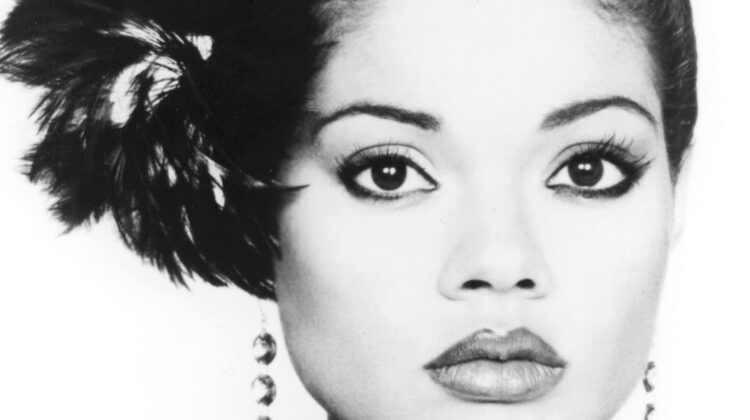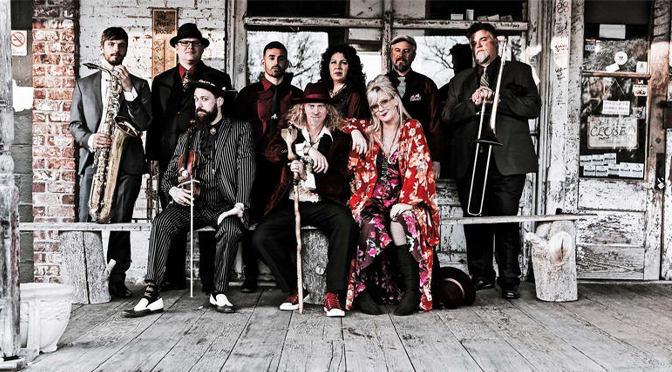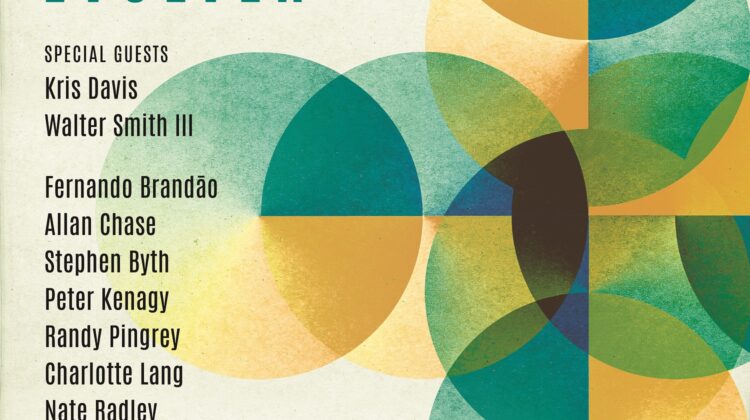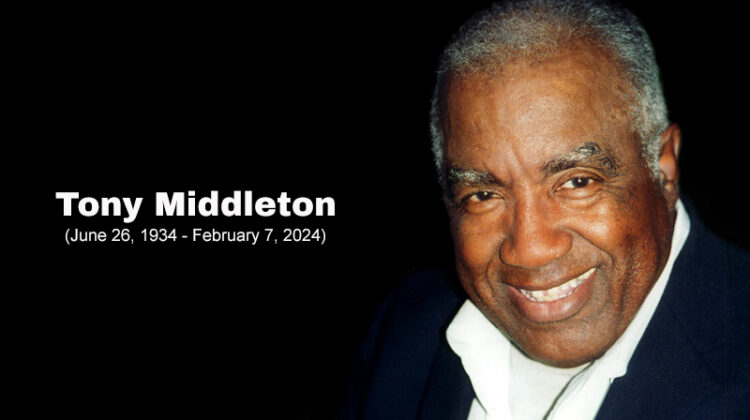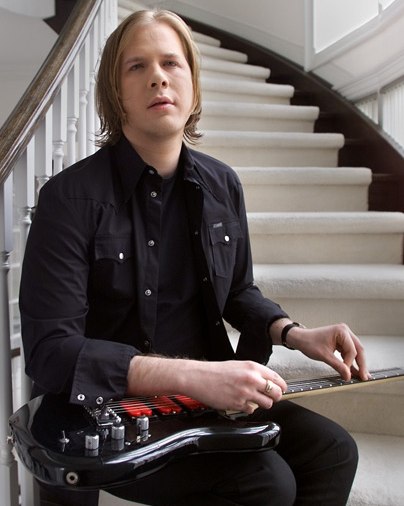 Bill King: From musician to managing a club. How has your world changed?
Bill King: From musician to managing a club. How has your world changed?
Jeff Healey: It’s a learning experience and will continue to be. I could sit here for a couple hours and go over things I’ve learned in the last eight months. It certainly has made me appreciate a lot more from the musician’s side. Also what a club has to put up with when it’s offering entertainment to the public. I try to be as fair as I can possibly be coming from a musician’s side. I hope musicians feel they can trust me being a musician. I’m going to be looking for the best deal for the musician and make sure myself and my partners are able to pay the rent.
Bill: Do you have bands that draw better than others?
Jeff. Certainly! The bands that work out the best are those who have a following. It’s not a guarantee. I’ve had band’s in I thought had a following but did nothing for whatever reason. A priority over having a following is those bands or artists who are willing to get out there and bust their butts to get people out to the show. When we see that happen, by in large that artist will be back.
Bill: Is the club sustaining itself?
Jeff: Yes! We’ve got a long way to go and we’re still in the middle of the forest but I would say we’re a little further along than what most clubs can claim from when they opened up. We’re just eight months in. We’re able to cover bills and pay the rent and take little bit of a salary out of it for ourselves. Money is slim.
Bill: Do you find there’s pressure on you to anchor the club because of your following?
Jeff: I’ve tried to avoid that. I don’t really think that’s the case. I do have musicians come to me who wouldn’t have the nerve to go to some of these other clubs looking for work thinking that I’m a musician therefore I would react differently but I have to be a businessman at this point. As far as the draw on my name – possible to a degree. It’s understood I’m not always there but I try to be there at least two or three days out of the five during the week. I want the club to sustain and people know that any night of the week when they come in, it will be quality entertainment.
Bill: You’re a guy who loves to play. Are you a bit obsessive about that at times?
Jeff: I like playing. I suppose in moments of deep meditation and totally honest with myself – I’d admit I’ve never wanted to be the center of all that attention or receive all the accolades. I like being a musician and am just as happy to sit off to one side in the back of the stage with a guitar you can hardly hear and just strum along. I love music, listening and interacting with quality musicians- and I always will. The purpose of the club was to enable me to book in quality players and get up and play and not call in the songs, tempos or keys.
Bill: How long has Sensation Records been around?
Jeff: We’ve been putting out issues on the label for about two and a half years. It’s intent initially was to be a label that specialized in reissues of vintage material and packages of artists from the classic period; the twenties, thirties and forties. Ironically, in spite of that concept, the first release on Sensation was a contemporary recording by Alex Pangman. It has done extremely well for us. In a time when it’s difficult to recoup a project cost we did it in two years.
Bill: Did the success with Alex help cover some of the expense assembling the reissues and what about the choice of artists?
Jeff: Simple! The choices are people and things I would like to buy myself. We’ve been a little slow out of the gate and over the past two and a half years we only have eight releases. We’ve got at least a half dozen in the can. One of the toughest things about doing these projects is getting the right people to write the liner notes. You can get the material together pretty easily from other people and get it transferred nicely. If you call the right people you can get more than adequate photos of the right thing.
Bill: Not enough survivors from this era?
Jeff: Just not enough people doing this job. Most are swamped. I’ve been waiting on a guy for a year that’s been working on a package and it’s been sitting here mastered and ready to go.
Bill: Do you draw mostly from your collection and a few others?
Jeff: When one goes to put this kind of thing together, you can’t work miracles. You don’t want bad conditioned discs. You want the best copies you can get preferably close to new. It’s telephone and leg work. It’s calling around the world. One call leads to another. I remember a project I did with Jazz Oracle and I was looking for a good copy of a particular performance. Someone directed me to a fellow who had copies of not only that performance but also two other takes we didn’t even know about. All of the sudden the project gets bigger. It’s the fun in the discovery.
Bill: What about re-mastering?
Jeff: My re-mastering has been done by John.R.T. Davis who lives just outside London in Burnham. He is still the master of the art although he will argue against that. He is a first class musician who has been known to play just about any instrument. His main instruments are alto saxophone, trombone – outstanding on trumpet-a bit of piano and guitar. He came to this as a collector and musician and also has the brain of a mad scientist. He has been throughout his seventy-five years trying to find the best way to get the sound buried in the grooves of these recordings to the surface, as fresh and clear as he can. I still think he does the best job.
Bill: Most people know you with a guitar in hand but I mostly see you with a trumpet.
Jeff: Thanks to your photo exhibit they see my trumpet shots here and there. The first time I sort of exhibited this after the Healy Band in the early nineties I took the Hot Five Jazzmakers into the Café New Orleans. We had a ton of people come out and we’re playing “Jazz Me Blues”, something totally different. I will say ninety-five percent stayed and had a good time, which it was meant to do. The music of that era by and large was meant to entertain. There wasn’t a lot of jazz aimed at the conosuiers- certainly not on disc. They couldn’t afford to. On a then inch disc you only had three to three and half minutes and on a twelve inch disc four minutes, so you didn’t have much time to self-indulge. You had to deliver. I think that we’ve forgotten that music was meant to entertain. There was a conscious albeit serious effort in the early forties by jazz musicians to make a left turn. They did and succeeded. From that point on jazz has been appreciated by a smaller percentage of the public. This is why I don’t buy those who moan why their art form isn’t appreciated. Sixty years ago there was a small bunch of people at Mintons that intentionally meant for it not to be appreciated.
Bill: Early on players soloed off melodies and the texture of the tune. Nowadays many recycle scale patterns.
Jeff: There is no question about it. Charlie Parker is one of the last and probably the bridge between having a strong melodic sense yet having boundless technical facility. If people would look back at what Parker was listening too rather than starting with Parker, you can hear Lester Young and others. It all comes from somewhere. It is sadly astonishing to me particularly that horns do not know how to play a melody. It isn’t something that was taught. The shift away from melody is almost complete. I’d love to find a trumpet player around that knew how to come out and do a first course of a tune like Wingy Minone or early Louie Prima or Armstrong and his big band. These players played the melody off the top- not in a square way. Most know the chord changes but that’s it. I’ve been laughed at by some for insisting on collecting just straight square dance bands from the twenties and thirties. But it’s from that I got a sense what a melody is supposed to be. I’ve got my jump off point.
Bill: What about singers? Do they pay enough attention to the melody?
Jeff: Few! Most don’t try and research where the song came from so that they know what they’re doing. No matter where I’m at in a performance that melody is going through my head. It’s like there’s an orchestra behind me spinning the tune. I work off of that.
Bill: Guitar and blues. Where’s that stand with you now?
Jeff: Let’s not fool anybody; we were essentially a rock band that played some blues, some ballads and a variety of things. I grew up with that. I had the endorsement of Stevie Ray Vaughan and B.B. King that helped the press find and easy niche for me. I got thrown into the blues category. Meanwhile, my most successful song was “Angel Eyes.”What I discovered in high school was I could take the jazz mentality, philosophy and love of it and put it through an amplifier with a lot of wattage and a fair amount of distortion and all of a sudden I turned from geek to cool. If you’re going to get any interest from girls that’s what you’ve got to do.
Bill: You had to have a passion for it. You played it so well.
Jeff: I can do it but once I got out of my teen years are started to think more along Armstrong and Teagarden when I’m playing. Even guitar.



